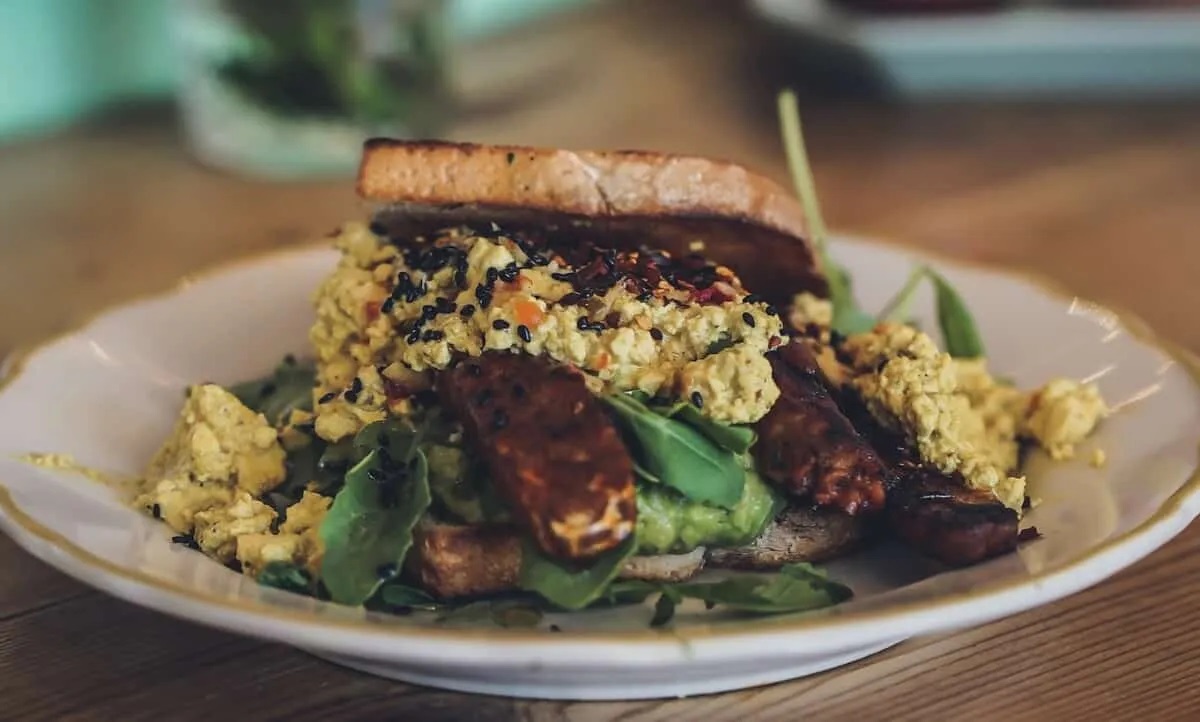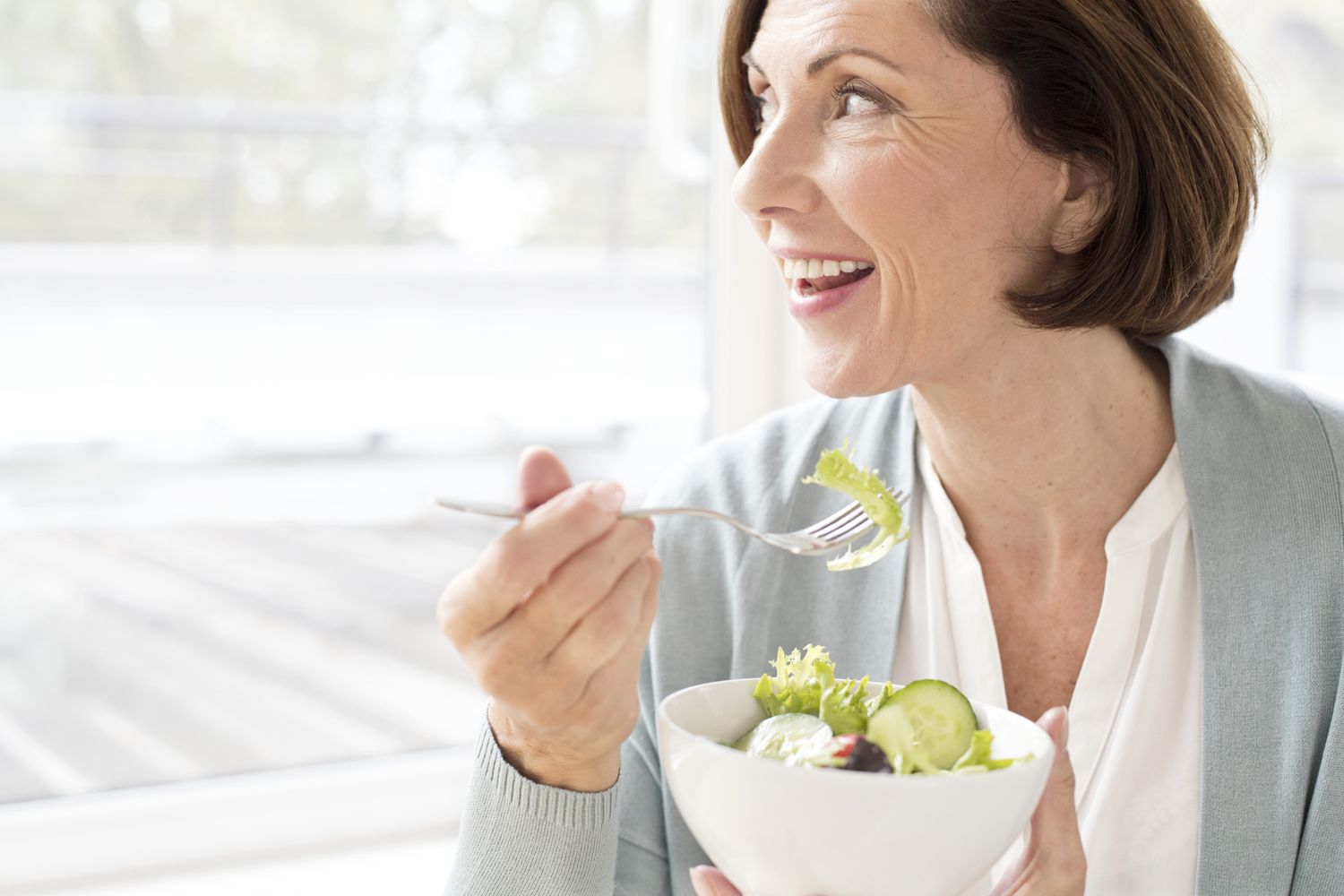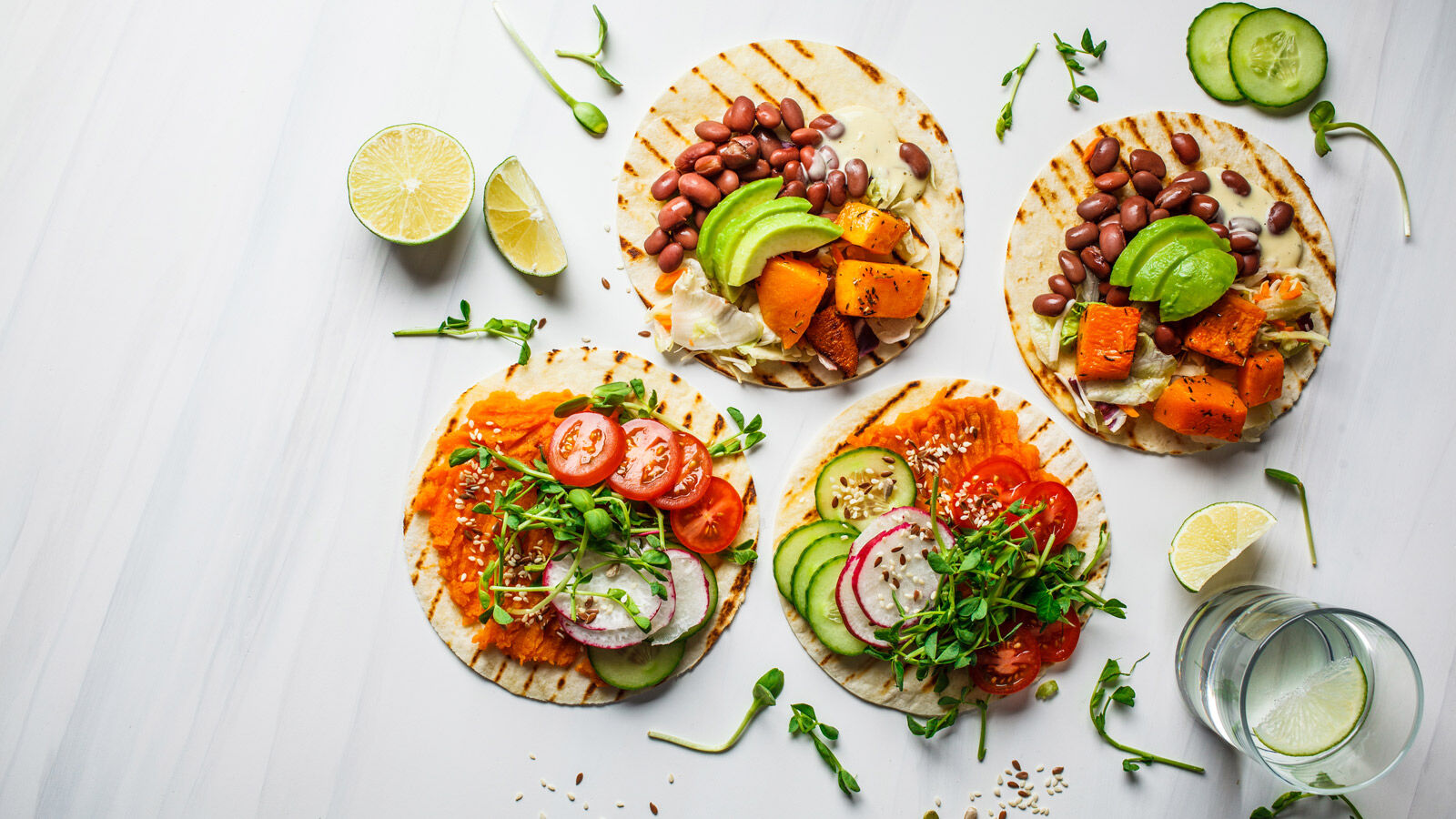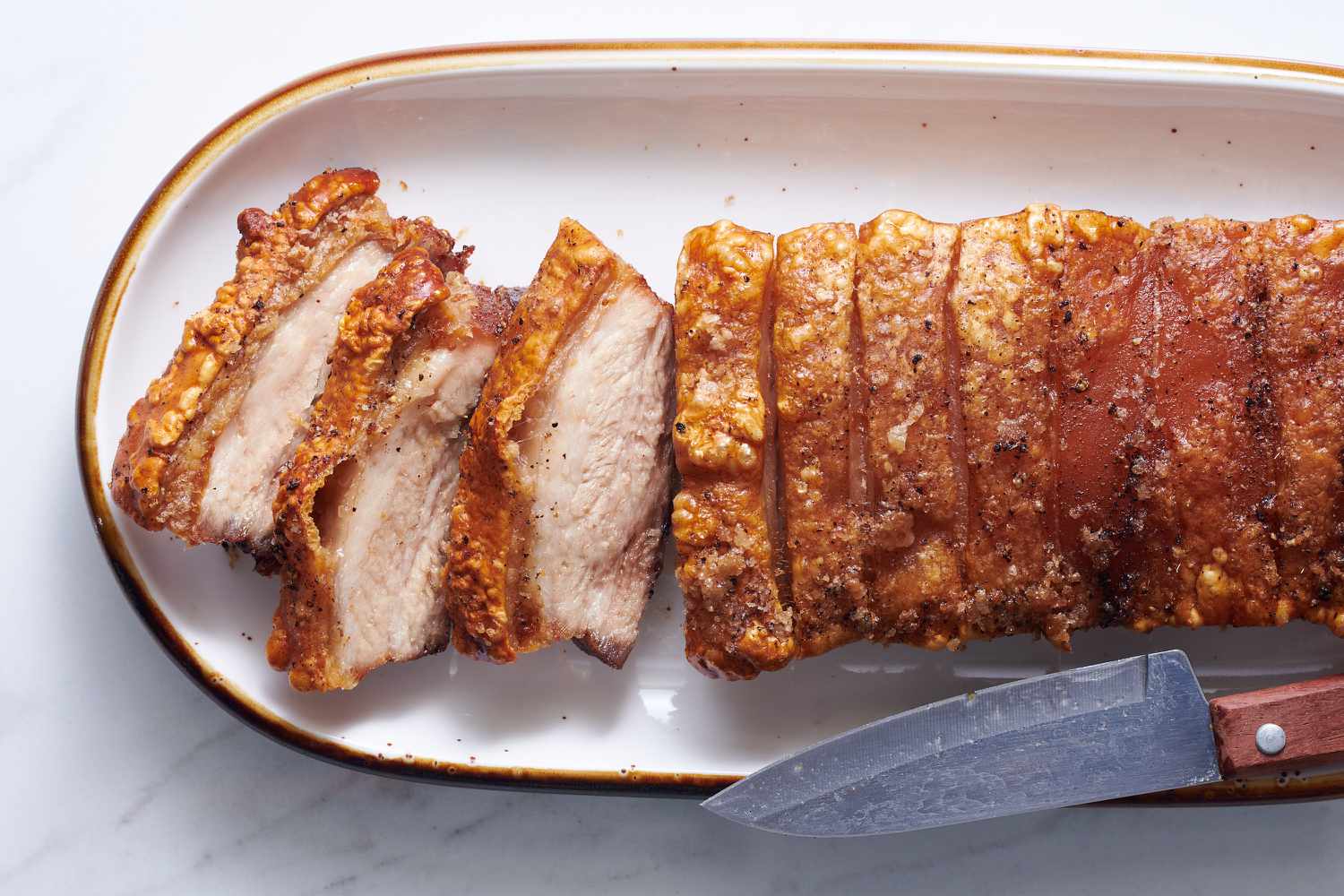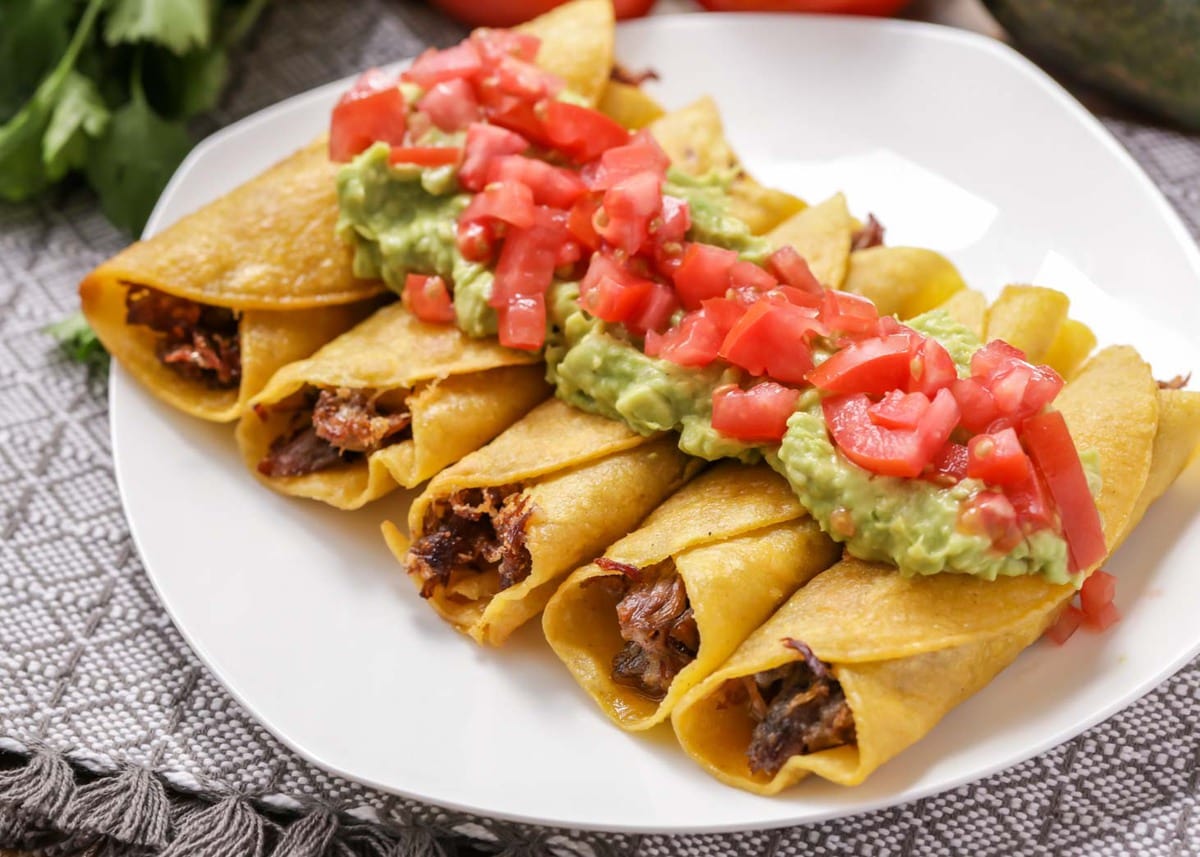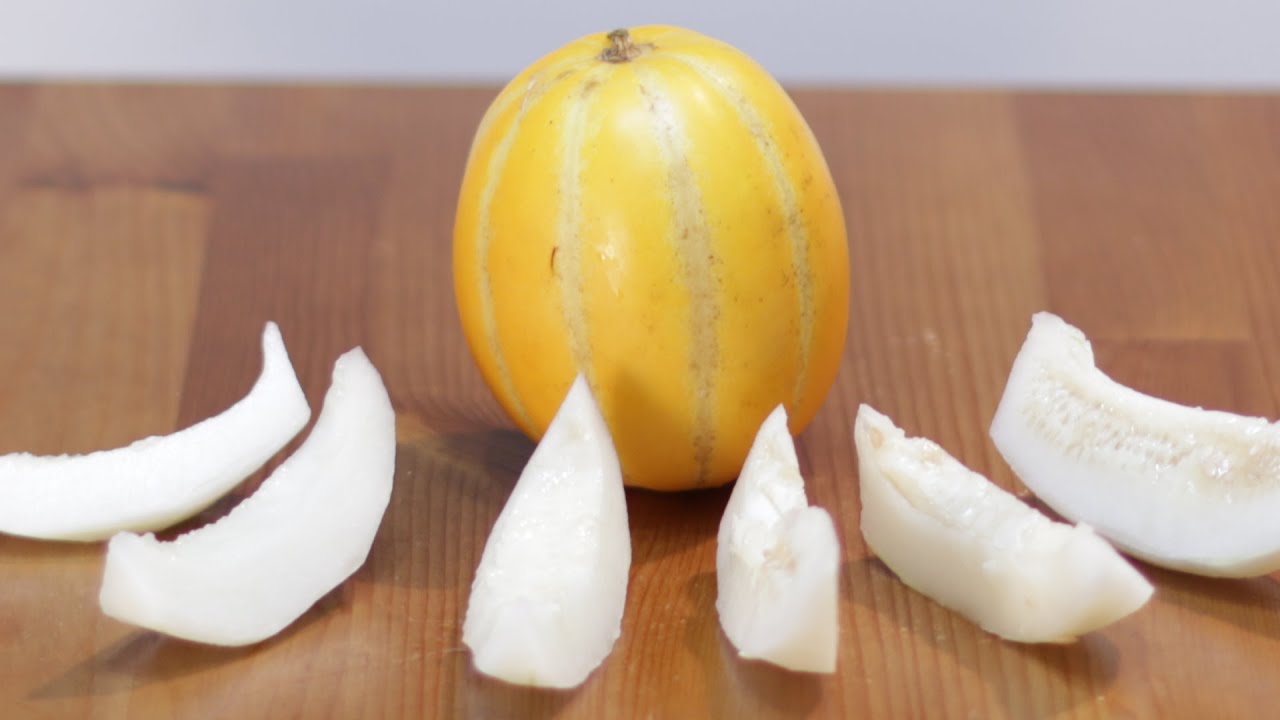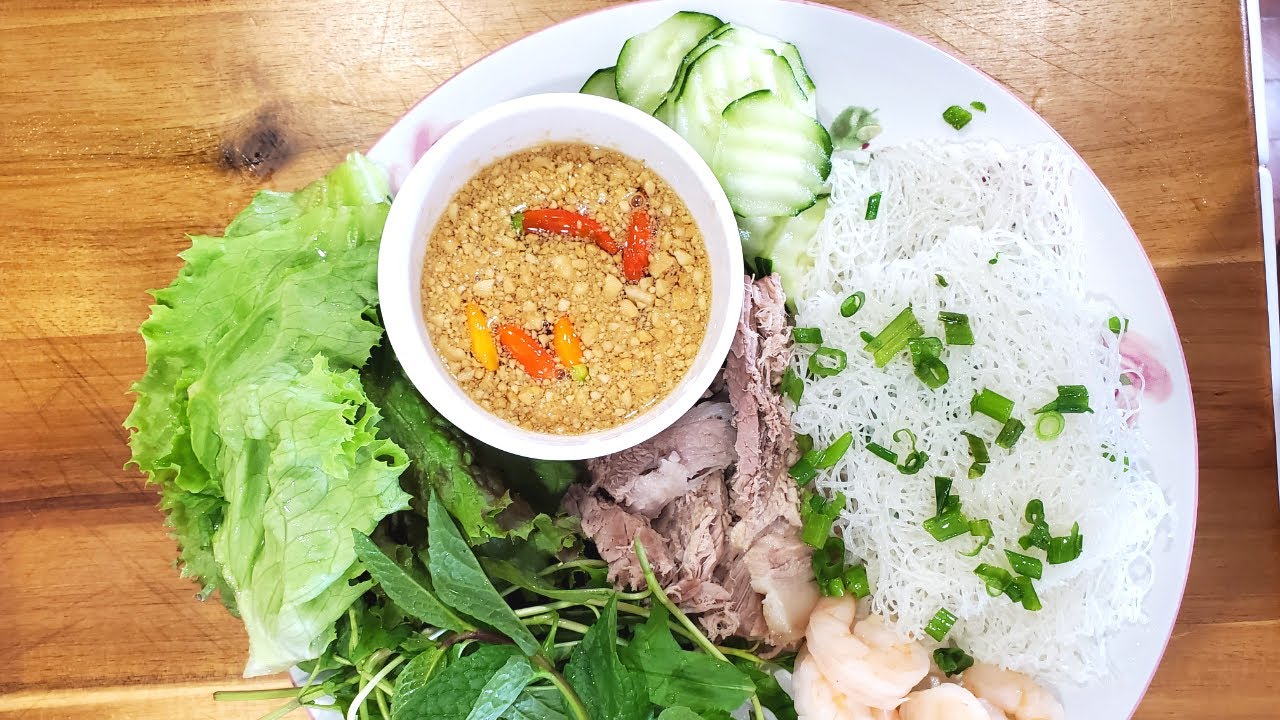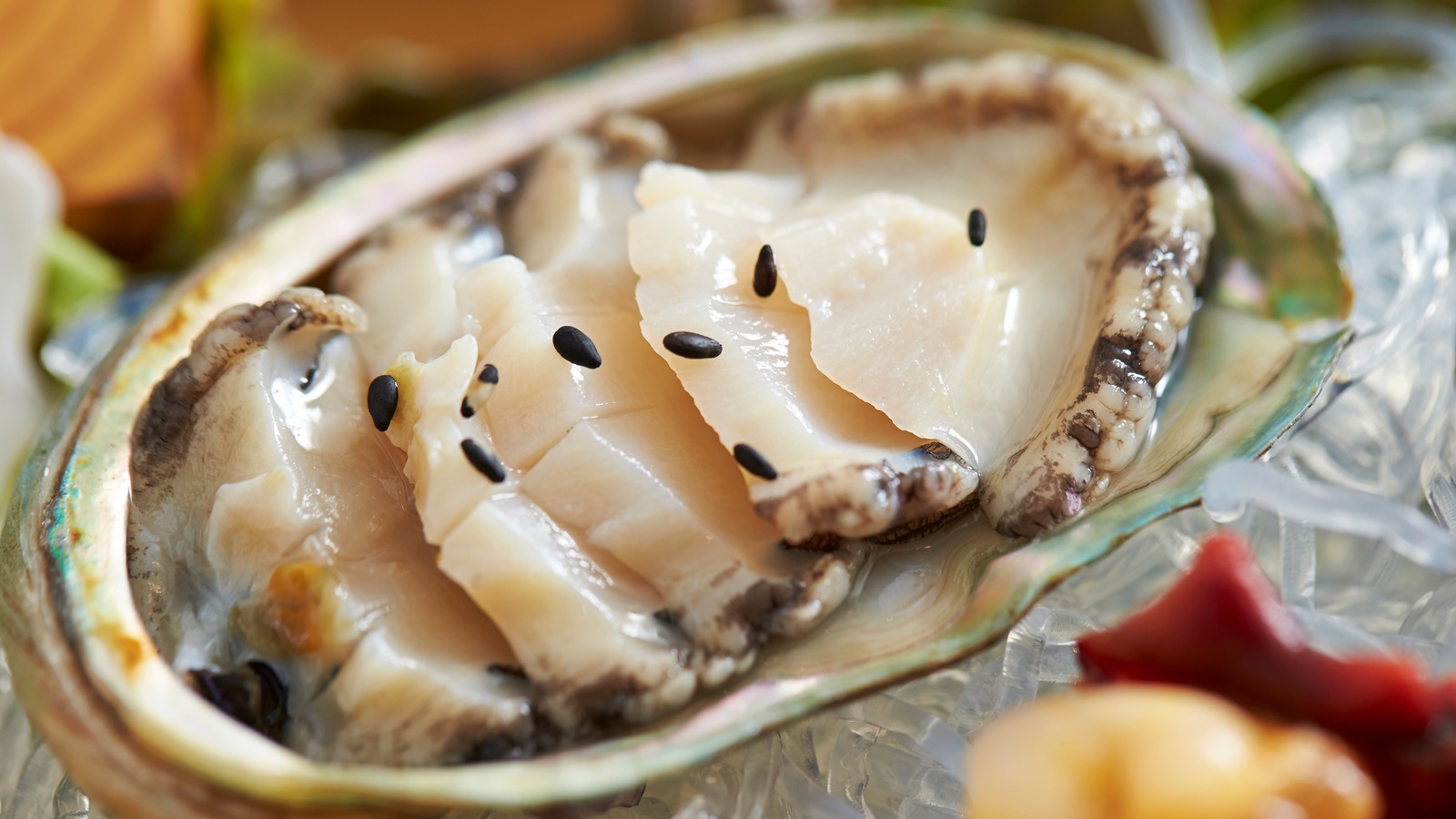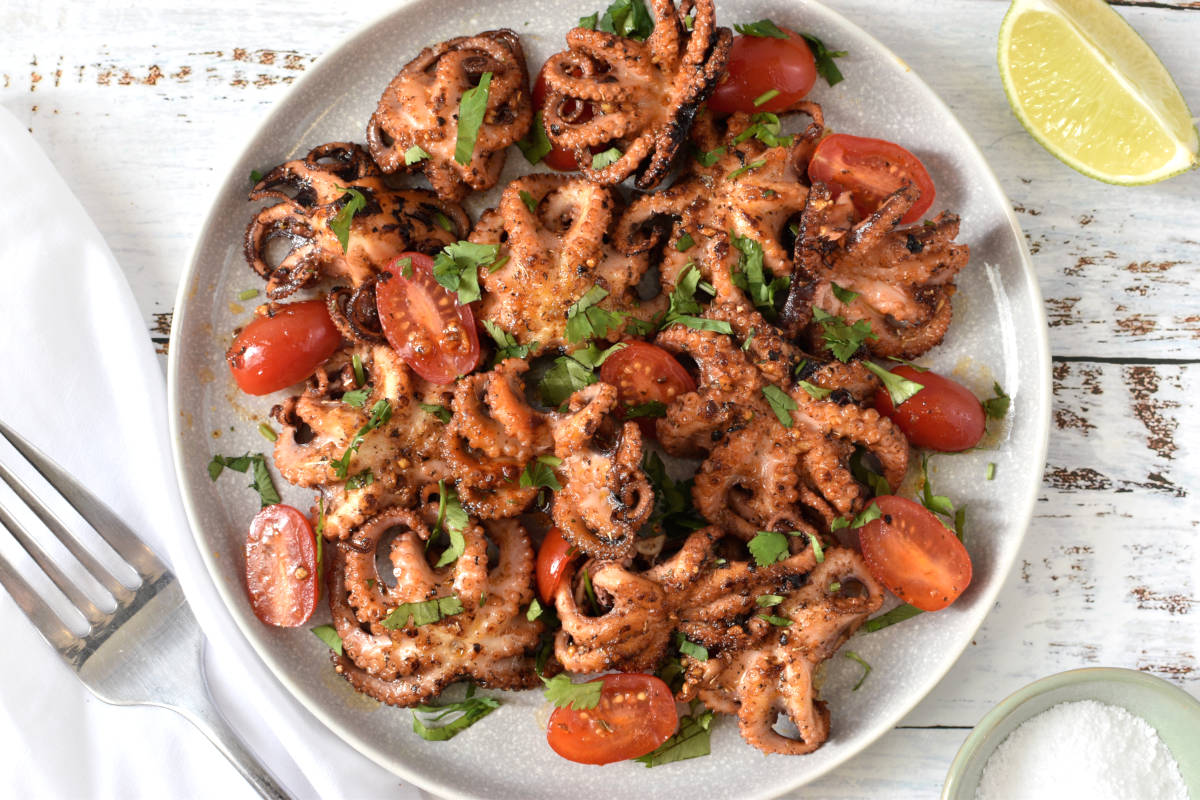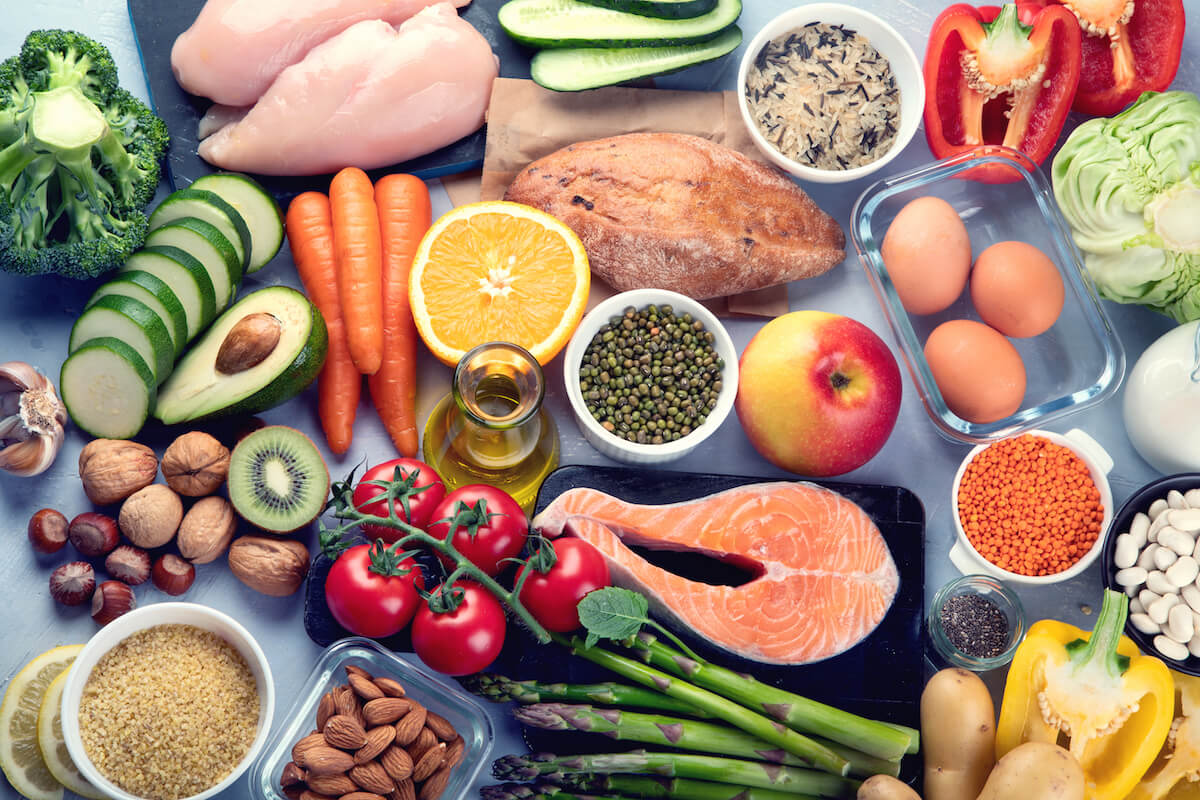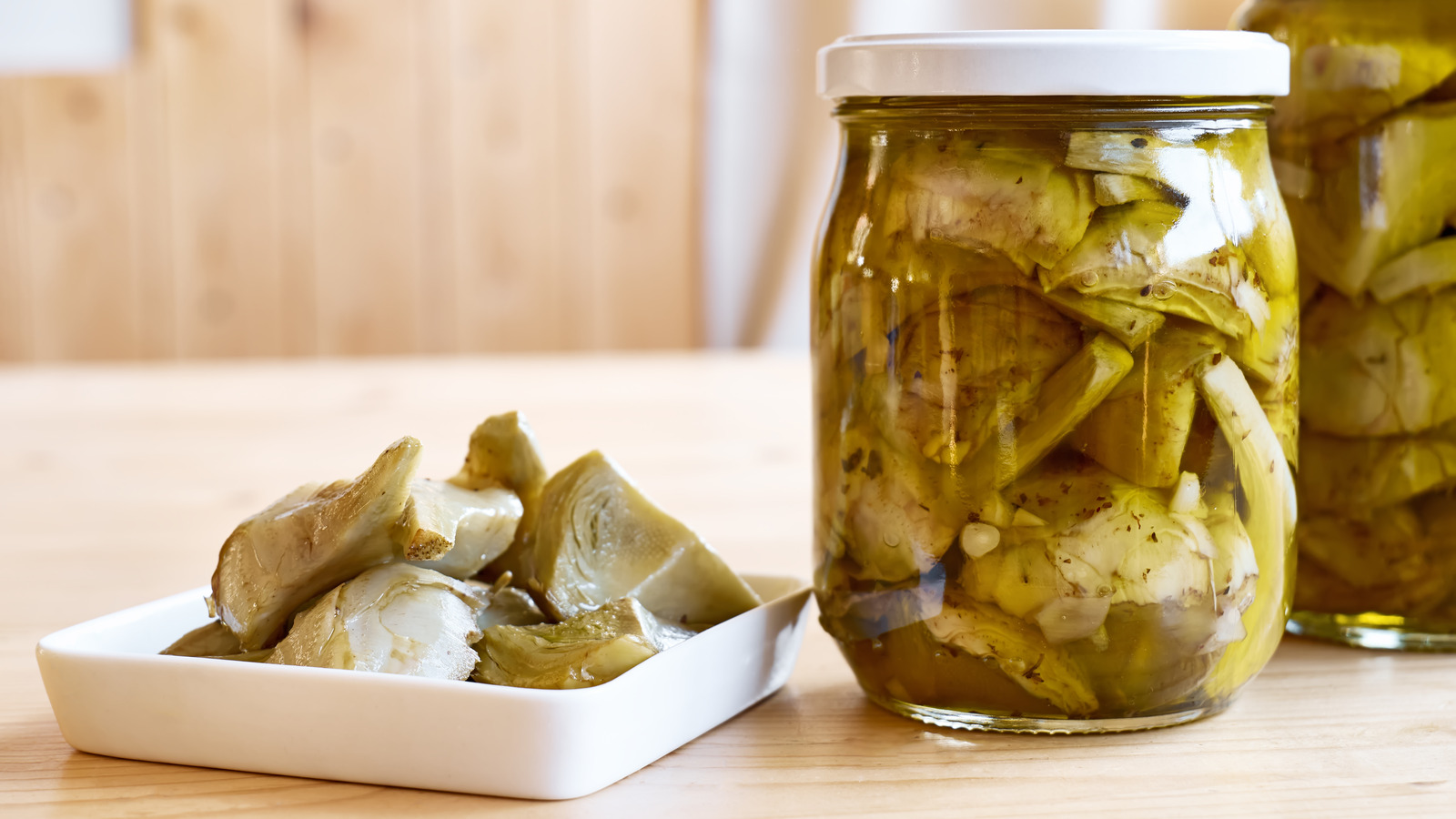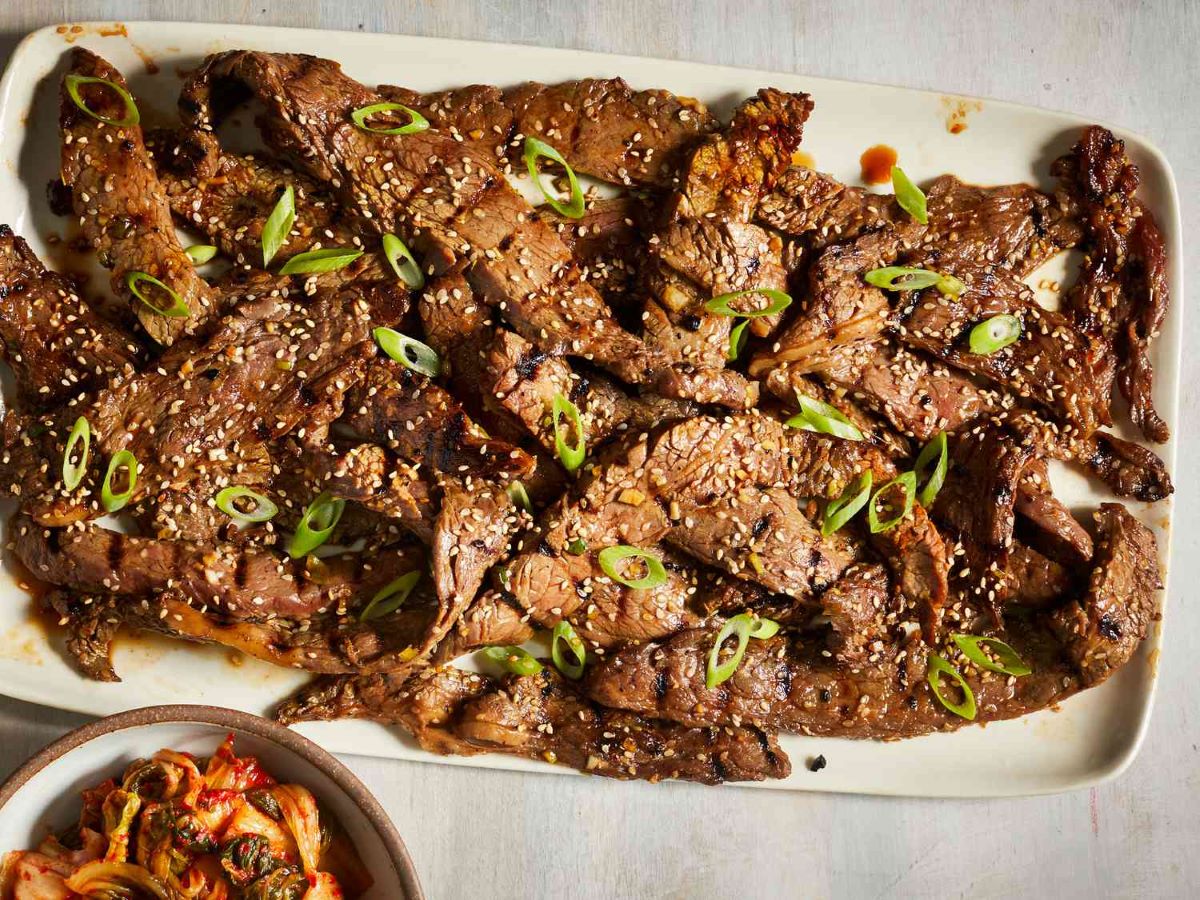How to Maintain a High Protein Diet as a Vegetarian
Many people believe that a high protein diet is only achievable through consuming meat. However, vegetarians can also meet their protein needs through a well-planned diet. By incorporating a variety of plant-based protein sources, vegetarians can easily maintain a high protein diet. Here are some tips on how to eat a high protein diet as a vegetarian:
Diversify Your Protein Sources
One of the keys to maintaining a high protein diet as a vegetarian is to diversify your protein sources. There are numerous plant-based foods that are rich in protein, including:
- Legumes such as lentils, chickpeas, and black beans
- Nuts and seeds like almonds, chia seeds, and hemp seeds
- Quinoa and other whole grains
- Tofu and tempeh
- Dairy products such as Greek yogurt and cottage cheese
Plan Balanced Meals
When following a vegetarian diet, it’s important to plan balanced meals that include a variety of protein sources. For example, a typical day’s meals might include:
- Breakfast: Greek yogurt with chia seeds and mixed berries
- Lunch: Quinoa salad with black beans, avocado, and a sprinkle of pumpkin seeds
- Dinner: Tofu stir-fry with mixed vegetables and brown rice
Supplement When Necessary
While it’s possible to meet your protein needs through whole foods, some vegetarians may find it helpful to supplement their diet with protein powder. There are many plant-based protein powders available, such as pea protein or brown rice protein, which can be added to smoothies or used in baking to boost protein intake.
Be Mindful of Nutrient Intake
When focusing on protein intake, it’s important not to overlook other essential nutrients. Vegetarians should also pay attention to their intake of iron, calcium, and vitamin B12. Foods such as leafy greens, fortified plant milks, and nutritional yeast can help meet these needs.
Experiment with New Recipes
One of the best parts of following a vegetarian diet is the opportunity to experiment with new recipes. There are countless creative and delicious vegetarian dishes that are high in protein. From lentil soups to chickpea curries, the options are endless. By exploring new recipes, you can keep your diet exciting and ensure you’re getting a wide range of nutrients.
Conclusion
Following a high protein diet as a vegetarian is not only achievable but can also be enjoyable and delicious. By diversifying your protein sources, planning balanced meals, and being mindful of nutrient intake, you can easily meet your protein needs while following a vegetarian diet. With a bit of creativity and a willingness to try new foods, you can maintain a high protein diet that supports your health and well-being.
Delicious High-Protein Vegetarian Recipes to Try
After learning how to maintain a high-protein diet as a vegetarian, it's time to put that knowledge into practice with a variety of delicious, protein-rich recipes. For those looking to start their day with a nutritious punch, the Almond Butter and Banana Smoothie Recipe offers a quick and tasty protein boost. If you're seeking a comforting and hearty meal, the Vegetarian Shepherd’s Pie with Lentils Recipe is a must-try, perfectly combining flavor with high protein content. For a unique twist on dinner, the Pumpkin Seed and Sweet Potato Tacos Recipe not only provides a satisfying meal but also packs a substantial protein punch. Each recipe is crafted to help you utilize your newfound dietary skills, ensuring you enjoy every bite while adhering to a vegetarian, high-protein diet.
